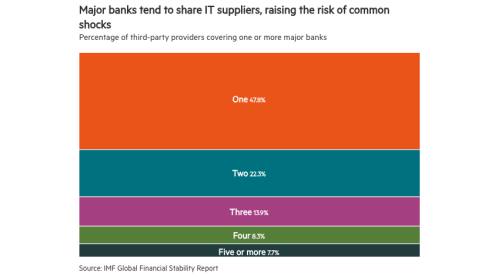Sweden has been a relative outlier in its approach to tackling Covid-19. Unlike other European countries, it has not enforced a strict lockdown and large parts of its economy remain open for business, albeit with restrictions.
There has been considerable debate about whether this is the right approach from a public health perspective, and what impact it is having on the number of people contracting and dying from the disease, although the authorities have stressed that they wanted measures to be manageable over time.
So far, Sweden has largely managed to hold out against significant economic damage; its gross domestic product (GDP) fell by 0.3% in the first quarter of 2020 compared with the fourth quarter of 2019. In the EU as a whole, GDP fell by 3.5%.
As part of an interconnected global economy, economists believe Sweden is unlikely to be able to escape greater economic pain in the long-term. The European Commission forecasts the country’s GDP for full-year 2020 will fall by 6.1%.
Sweden’s banks are entering this period well capitalised, with all five of its largest banks’ core Tier 1 capital ratios standing at more than 15%. Lansforsakringar Bank’s is the lowest at 15.4% and Sparbanken Skane’s the highest at 19.7%. However, on profitability measures they look a little weaker, with two out of the five largest banks having return-on-equity ratios of below 10%, and none with ratios above 14%.






